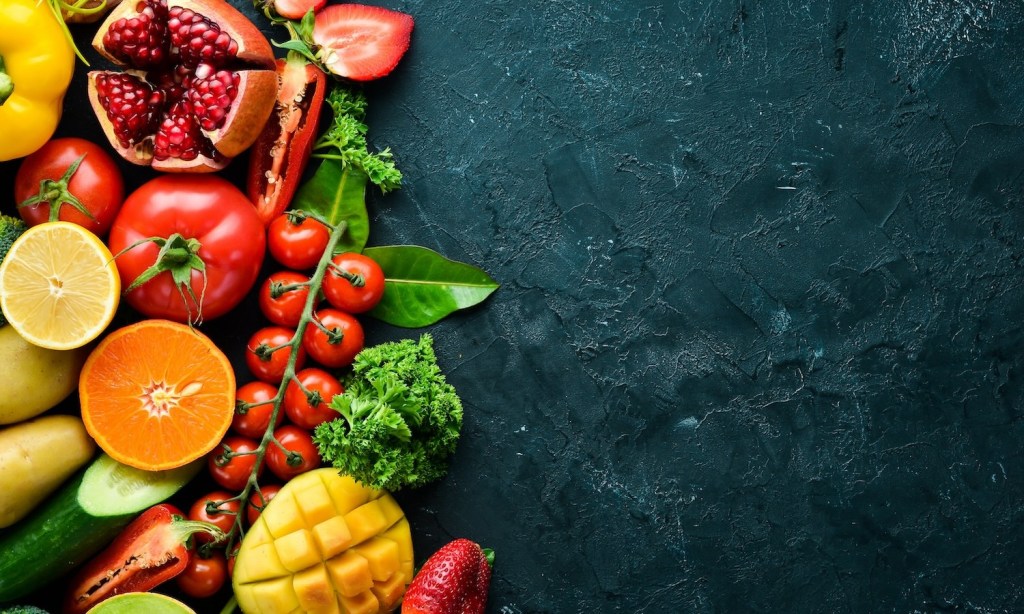When it comes to storing your fruit and veggies, it seems like everyone does it a little differently. Some swear by the ‘celery in water’ hack, while others think an air-tight plastic bag is the best way to do things. The truth is, storing your fruit and veg correctly is one small, but important step you can take to reduce your food waste.
To help us all out, Suncorp Bank has teamed up with OzHarvest to launch the Food Savings Challenge. In it, they share research-backed tips for food storage that will help debunk old myths and maximise the shelf-life of your produce. Helping your wallet, what’s not to love?
The Crisper Can’t Save Everything
One storage faux-pas you must immediately cease and desist with is throwing all of your fruit and veg into your veggie crisper and hoping for the best. One tip called out in the Suncorp Bank Food Savings Challenge is that you should be separating your ethylene-producing fruits from other produce to avoid unnecessary spoilage.
Think apples, bananas and avocados; these should be stored separately because they release gases that can make other produce ripen and spoil before their time. This tip will save you from having to toss out veggies that have gone ‘bad’ quicker than you expected, or worse, re-purchase them. Your wallet will thank you for this one!
Don’t Always Keep Produce Packaged
The next myth that needs to be busted is the one that insists you should keep all produce in its packaging until you’re ready to use it. This, friends, is categorically untrue. Especially for your leafy greens, which should be stored in air-tight containers. The plastic bags of spinach, rocket and kale that you’re buying, not finishing, and ultimately tossing out are costly wastes if you’re purchasing them every week.
Placing your leafy greens such as lettuce, spinach and kale into airtight containers (and leaving space for air circulation!) will not only extend their shelf-life but keep them nice and crispy. You don’t make friends with wilting salad, am I right?
Keep Those Lemons and Limes in the Fridge
Another storage myth that’s likely increasing your weekly waste is that all of your fruits can be stored in your countertop fruit bowl. It may look aesthetically pleasing to have your red apples next to your oranges, lemons and limes, but your citrus fruits should always be stored in the fridge.
As explained in the Food Saving Challenge, this helps your citruses retain their moisture without being affected by the humidity, prolonging the lifespan of their deliciousness.
For more storage tips, head on over to Suncorp and take a look at their suggestions for waste-saving actions to keep your fruit and veg fresh on your shelf, and your money in your wallet.

